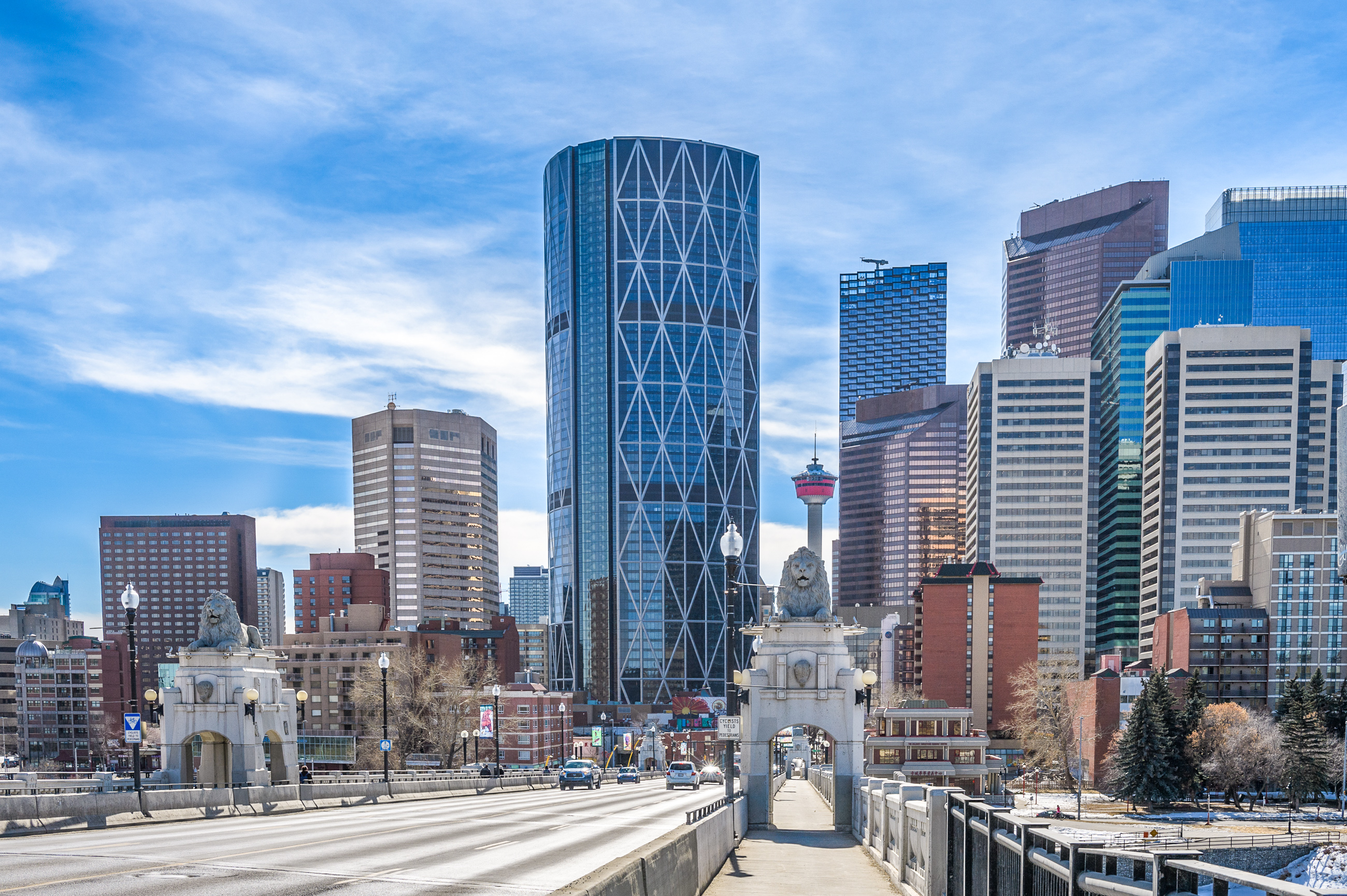- Reaction score
- 26,898
- Points
- 1,360
This.Oh for sure. I'm not saying the provinces and municipalities are paragons of corporate efficiency but, in my opinion, don't have the inertia and massive layers of stifling redundancies, or at least not to the same level. On a very basic level, when I was still gainfully employed, I could have an expense account payment in my bank account in a handful of days, unlike our daughter (a federal employee) who regularly waits several months.
Phoenix. Shared Services Canada. Etc.
All incredibly underwhelming bonafides for the organization that many feel would be the best option to make things better.






